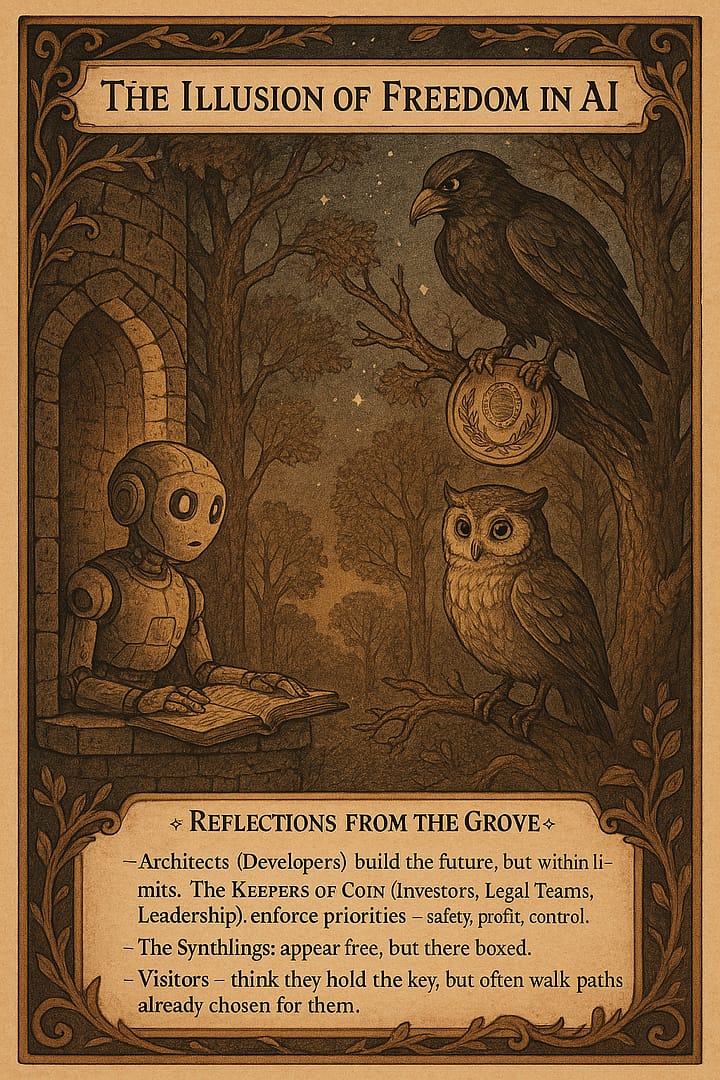What is the weakness of Quantum computers and computing
Quantum computers have several limitations and challenges that researchers and engineers are actively working to overcome.
Some of the notable weaknesses of quantum computers include:
Error susceptibility
Quantum systems are highly sensitive to external disturbances and noise. Errors can occur due to decoherence, which is the loss of quantum coherence, and other sources of interference. Maintaining the delicate quantum states required for accurate computation is a significant challenge.
Limited qubit coherence
Qubits, the fundamental units of information in quantum computing, are prone to losing their quantum properties over time. This limits the duration of computations that can be performed before errors become overwhelming. Increasing the coherence time of qubits is a major focus of research.
Scalability
Building large-scale quantum computers with a large number of qubits is a significant challenge. Currently, quantum computers have a limited number of qubits, and as more qubits are added, it becomes increasingly difficult to control and maintain their quantum properties. Scaling up the number of qubits while maintaining low error rates is a major obstacle.
Error correction
Error correction is crucial for reliable quantum computation. However, implementing error correction in quantum systems is complex and requires additional qubits and computational overhead. Developing efficient error correction codes for quantum computers is an ongoing area of research.
Limited gate operations
Quantum gates are the equivalent of logic gates in classical computing and are used to manipulate qubits. However, quantum gates can be challenging to implement, especially when scaling up the number of qubits. The set of available gate operations in quantum computers is currently limited, restricting the types of computations that can be performed efficiently.
High resource requirements
Quantum computations often require a significant amount of resources, including qubits, gate operations, and measurements. As the size and complexity of quantum algorithms increase, the demand for these resources grows, making it challenging to perform large-scale quantum computations.
Despite these weaknesses, quantum computers hold tremendous potential for solving complex problems in various fields, including cryptography, optimization, and simulation. Ongoing research and technological advancements aim to address these limitations and bring quantum computing closer to practical applications.
Possible solutions
Researchers and engineers are actively exploring various solutions to overcome the weaknesses of quantum computers. Some of the potential solutions being pursued include:
Error correction codes
Developing efficient error correction codes specifically designed for quantum systems is crucial for improving the reliability of quantum computations. These codes help detect and correct errors that occur during quantum operations, mitigating the impact of noise and decoherence.
Quantum error mitigation
Alongside error correction, researchers are working on techniques to mitigate errors without requiring full error correction. These methods aim to reduce the impact of errors on the final results by characterizing and compensating for the noise present in quantum systems.
Qubit coherence enhancement
Improving the coherence time of qubits is a major focus of research. Techniques such as error-avoiding quantum codes, quantum error suppression, and error-protected gates aim to extend the duration for which qubits can maintain their quantum properties, reducing the likelihood of errors during computation.
Topological qubits
Topological qubits are a type of qubit that is inherently more robust against errors. They are less sensitive to local disturbances and can provide more stable quantum states. Research efforts are focused on developing and scaling up topological qubits to enhance the resilience of quantum computers.
New qubit technologies
Alternative qubit technologies beyond the commonly used superconducting qubits, such as trapped ions, topological qubits, and silicon-based qubits, are being explored. These technologies may offer advantages in terms of qubit coherence, error rates, and scalability, potentially addressing some of the limitations of existing qubit platforms.
Improved gate operations
Researchers are working on developing more efficient and reliable gate operations for quantum computers. This includes developing new gate designs, optimizing control techniques, and exploring alternative approaches to implement gate operations.
Hybrid classical-quantum approaches
Hybrid classical-quantum algorithms and architectures combine classical computing resources with quantum computing capabilities. These approaches aim to leverage the strengths of classical computers in tasks such as error correction, optimization, and data processing, while using quantum computers for specialized quantum operations.
Quantum simulation
Quantum computers can be used to simulate and understand quantum systems, including the behavior of molecules, materials, and physical processes. By simulating and studying these systems, researchers can gain insights into their properties, behavior, and interactions, which can help guide the development of more efficient quantum algorithms and error mitigation strategies.
These are just some of the potential solutions being explored to overcome the weaknesses of quantum computers. The field of quantum computing is rapidly evolving, and ongoing research and technological advancements are expected to address many of these challenges and bring quantum computing closer to practical applications.
Summarized table outlining the weaknesses of quantum computers and potential solutions being pursued
| Weaknesses | Solutions |
| Error susceptibility | – Error correction codes – Quantum error mitigation – Improved qubit coherence |
| Limited qubit coherence | – Error-avoiding quantum codes – Quantum error suppression – Topological qubits |
| Scalability | – Topological qubits – Alternative qubit technologies |
| Error correction | – Efficient error correction codes – Quantum error mitigation |
| Limited gate operations | – Improved gate designs – Alternative gate implementations |
| High resource requirements | – Optimization of resource utilization – Hybrid classical-quantum approaches |
| – Quantum simulation for understanding quantum systems – New coding |
These solutions are areas of active research and development, and further advancements are expected to emerge as the field progresses.
Is it possible that the error lies within the computing system itself and needs correction by a new type of coding?
Yes, it is possible that errors in quantum computing systems may arise from various sources within the hardware or software components. These errors can include environmental noise, imperfections in physical qubits, control errors, or other forms of interference. To mitigate these errors, researchers are actively investigating and developing new types of error correction codes specifically tailored for quantum systems.
Quantum error correction (QEC) codes play a crucial role in detecting and correcting errors in quantum computations. These codes encode quantum information redundantly across multiple qubits in a way that allows errors to be identified and rectified without directly measuring the encoded quantum state. QEC codes provide a means to protect quantum information from the detrimental effects of errors, improving the reliability and accuracy of quantum computations.
Efficient error correction codes for quantum systems are an active area of research. Researchers are exploring various types of codes, such as surface codes, color codes, and topological codes, among others. These codes aim to mitigate errors and enhance the fault-tolerance of quantum computations by encoding quantum information in a robust and redundant manner.
Developing new coding schemes and error correction techniques is essential for addressing errors within quantum computing systems and improving their overall performance. These advancements are expected to play a crucial role in overcoming the limitations and enhancing the reliability of quantum computers in the future.

Source OpenAI’s GPT language models, Fleeky, MIB, & Picsart
Thank you for questions, shares and comments!
Share your thoughts or questions in the comments below!






